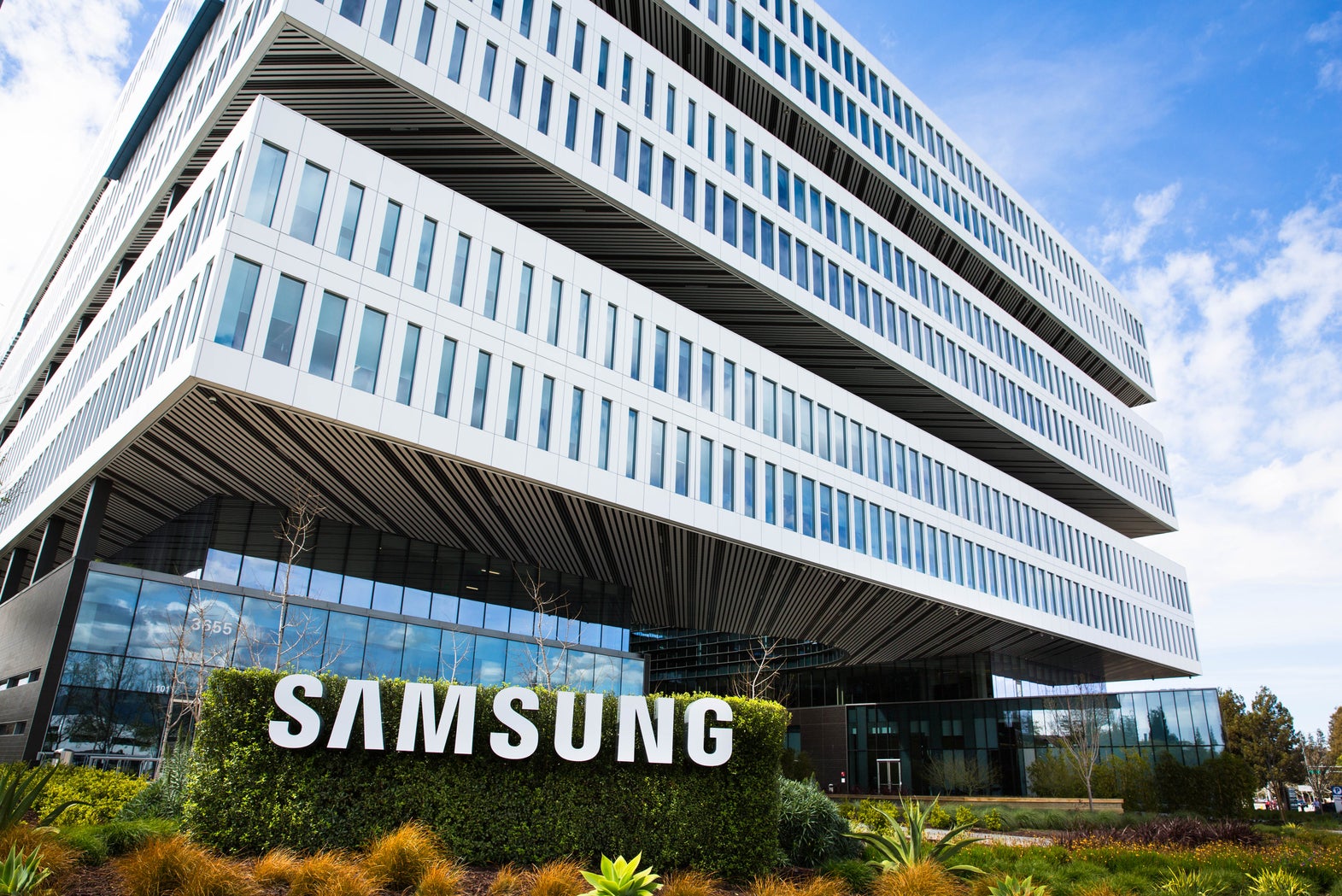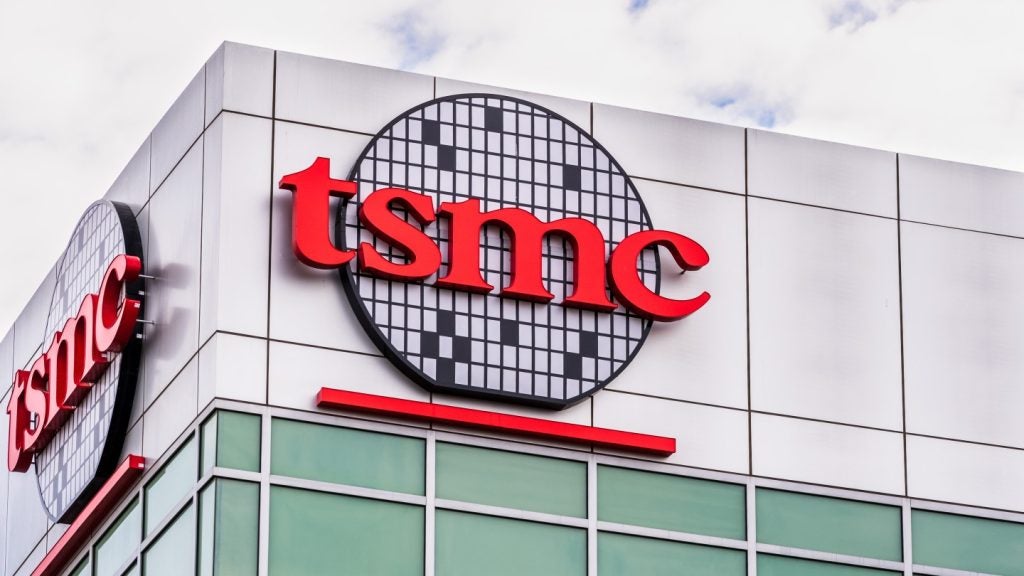
South Korea’s electronics giant Samsung is to invest $230bn (Won303trn) over the next 20 years in onshore chipmaking facilities as the global battle for semiconductor manufacturing capacity continues.
South Korea’s trade minister is said to have expressed concerns around trade restrictions imposed within the US Chips Act, which have made the US a less attractive investment destination for the South Korean chipmaker. Similar export restrictions by Japan and the Netherlands have seen Western chipmakers close ranks against Asia’s global chipmaking monopoly.
The US will impose licences for the export of chips to China that have been made using US intellectual property or equipment. Similarly, Japan and the Netherlands – another global hub for chipmaking and home to the world’s leading chipmaking equipment maker, ASML – have also announced export restrictions on advanced chips and chipmaking tools.
Unlike Japan and the Netherlands, South Korea has totally broken ranks with the US sanctions policy, and is determined to become the lead power in a conflicted and confused global semiconductor industry, serving China and everyone else, according to GlobalData consultant thematic analyst Michael Orme. “As Seoul put it in a sharp note to Washington recently, ever more aggressive US sanctions policy is ‘deepening business uncertainties, violating company management and technology rights and making the US a less attractive place to invest’,” he said.
A global supply chain squeeze in 2021 that stalled manufacturing across multiple sectors and regions prompted governments to implement both protective measures for their own chipmaking capacity as well as incentives to attract foreign chipmakers in order to bolster onshore chipmaking capacity.
However, export controls have proved damaging, as Samsung’s announced investment demonstrates. Rather than investing overseas to diversify its global footprint and, in turn, the world’s global supply chain, Samsung, along with the South Korean government, is doubling down on what is already a near monopoly on the manufacture of high-end semiconductors by South Korea and Taiwan.
How well do you really know your competitors?
Access the most comprehensive Company Profiles on the market, powered by GlobalData. Save hours of research. Gain competitive edge.

Thank you!
Your download email will arrive shortly
Not ready to buy yet? Download a free sample
We are confident about the unique quality of our Company Profiles. However, we want you to make the most beneficial decision for your business, so we offer a free sample that you can download by submitting the below form
By GlobalDataThe Taiwan Semiconductor Company (TSMC) and Samsung have a stranglehold on the world’s manufacturing capacity of five-nanometre chips, which are critical components for emerging technologies. This places both companies in a key position in the race for global tech supremacy.
“South Korea comes from a position of strength as it is the dominant supplier of advanced memory chips by far, has a growing and strengthening second fiddle foundry capacity to TSMC, and is investing at least $150bn by 2030 to catch up in logic chips,” said Orme. “Samsung is determined to become the world’s ‘go to’ super-integrated device manufacturer.”
Samsung is said to be planning five new semiconductor facilities in South Korea. “The mega-cluster will be the key base of our semiconductor ecosystem,” South Korea’s Ministry of Trade, Industry and Energy said in a statement on 15 March 2023. The plan is to attract around $550trn of private sector investment in order to become the world leader in semiconductor manufacturing for advanced technologies.
While export restrictions appear to have backfired, as evidenced by Samsung’s push towards onshore investment, foreign direct investment in semiconductors has increased from 239 greenfield projects in 2021 to 282 projects in 2022, according to GlobalData.







